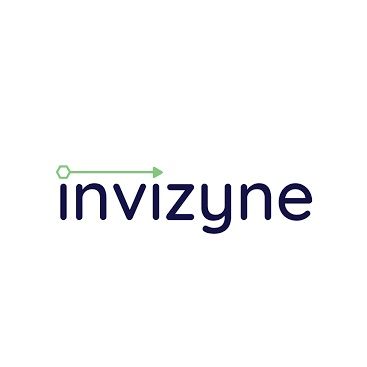Invizyne Technologies selected for $2 million project to advance SAF capabilities

November 25, 2024
BY Invizyne Technologies Inc.
On Nov. 19, Invizyne Technologies Inc., a leading designer of cell-free, enzyme-based biomanufacturing systems to produce commercially important molecules and chemicals for everyday life, announced it was awarded a $2 million project to enable enzyme production for cell-free biomanufacturing of sustainable aviation fuel (SAF).
The project is a cost share grant from the U.S. Department of Defense’s BioMADE initiative, in partnership with the University of Georgia. It is one of 17 BioMADE projects announced on October 30, 2024, to drive the scale-up and commercialization of American biomanufactured products.
“The next five to ten years will determine the global leader of the bioeconomy. At BioMADE, we believe the U.S. is uniquely positioned to seize this opportunity,” said Dr. Douglas Friedman, Chief Executive Officer at BioMADE. “We are proud to support these member-driven projects that will translate our country’s rich history of biotechnology innovation into manufacturing leadership. All Americans will benefit from investments in America’s bioindustrial manufacturing future.”
Advertisement
Novel Cell-Free Approach to Address $27.5 Billion Market
Prior to the BioMADE grant, Invizyne was awarded a total of $5.85 million in grants from the Bioenergy Technologies Office (BETO) within the U.S. Department of Energy's (DOE's) Office of Energy Efficiency and Renewable Energy (EERE) to develop its novel cell-free approach for isobutanol production.
Isobutanol is a commodity chemical that can replace conventional petroleum-based fuels like gasoline and serves as a precursor to SAF. The global SAF market is expected to grow at a compound annual rate of 52.2% to reach $27.4 billion by 2032, according to Acumen Research and Consulting.
Advertisement
Project Details
The latest grant from BioMADE will be used to take the next step toward cell-free biomanufacturing of isobutanol. Specifically, it will be used to develop an enzyme production and processing pipeline and deploy Invizyne’s technology in 100L pilot-scale facilities.
"This initiative could indeed mark the beginning of a new era in sustainable biofuel production, bringing us closer to a greener, more efficient future. That’s because at its heart, this project seeks to mature the Technology Readiness Level of our cell-free enzyme approach, enabling the project participants to convert renewable sugars into isobutanol at scale,” said Paul Opgenorth, PhD, Co-Founder & VP of Development at Invizyne.
Broader Vision and Impact
“While the BioMADE project will play a pivotal role in validating the technical and economic feasibility of cell-free isobutanol production, it’s also important to understand that our vision at Invizyne extends beyond biofuel applications,” said Michael Heltzen, CEO of Invizyne. “We see this project as establishing a framework for expanding Invizyne’s cell-free approach into various industrial processes, too. Now that we have completed our IPO and we are able to continue to mature our technology, I fully believe we can become the leader in next generation biomanufacturing and dramatically reduce greenhouse gas emissions and foster a shift toward renewable solutions in the process.”
Related Stories
Keolis Commuter Services, the Massachusetts Bay Transportation Authority’s operations and maintenance partner for the Commuter Rail, has launched an alternative fuel pilot utilizing renewable diesel for some locomotives.
Virgin Australia and Boeing on May 22 released a report by Pollination on the challenges and opportunities of an International Book and Claim system for sustainable aviation fuel (SAF) accounting.
The biodiesel industry has been facing turbulence, but the release of long-overdue policy could course-correct.
The U.S. House of Representatives early on May 22 narrowly passed a reconciliation bill that includes provisions updating and extending the 45Z clean fuel production tax credit. The bill, H.R. 1, will now be considered by the U.S. Senate.
U.S. EPA Administrator Lee Zeldin on May 21 stressed the agency is working “as fast as humanly possible” to finalize a rulemaking setting 2026 RFS RVOs during a hearing held by the U.S. Senate Committee on Environment and Public Works.
Upcoming Events










